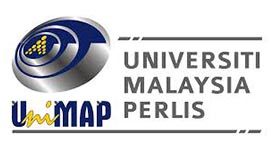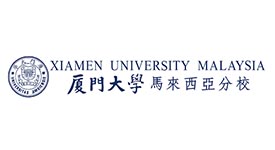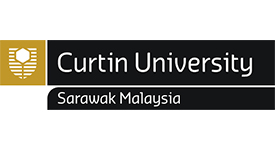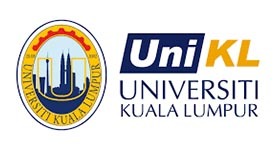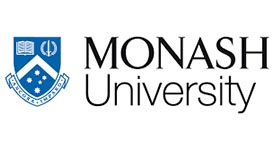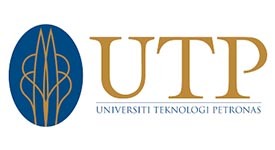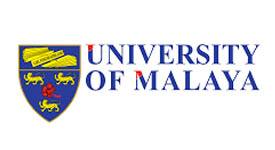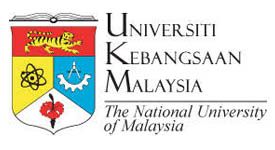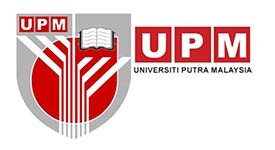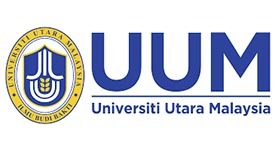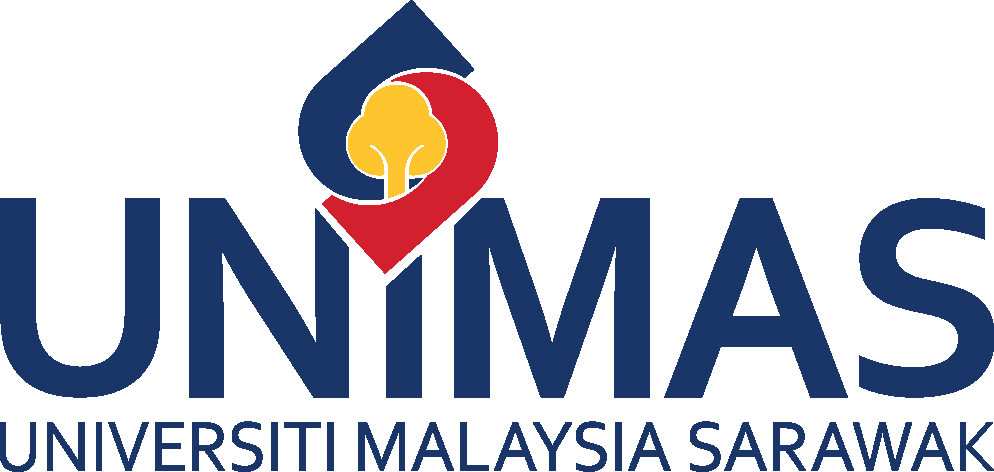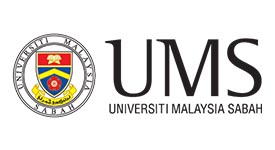- Home
- University
- Infrastructure University Kuala Lumpur
- course
- Bachelor Of Chemical Engineering With Honours
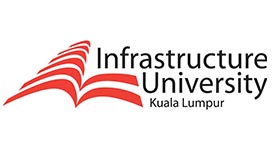
Infrastructure University Kuala Lumpur
- Location: Selangor, Malaysia, Selangor
-
-
Schooling:
-
View:
- Type: Private Institution
- Courses: 64
- QS World University Rankings:
- Times Higher Education World University Rankings:
- Get Direction
Bachelor Of Chemical Engineering With Honours Fees Structure, Admission, Intake, Deadline
Study Mode:FULL TIME
Duration:4 Years
Level:UNDER-GRADUATE
Exam
Accepted:N/A
Intake:
Tuition
Fees:N/A
Infrastructure University Kuala Lumpur Popular Courses
Top Streams:
Malaysia Popular Courses
Top Streams:
Top Courses to Study in Malaysia
Top Streams:
International Islamic University of Malaysia
Gombak Road, 53100 GombakSel,, Selangor
University of Islamic Sciences Malaysia
New Town, 71800 Value, State o, Negeri Sembilan


